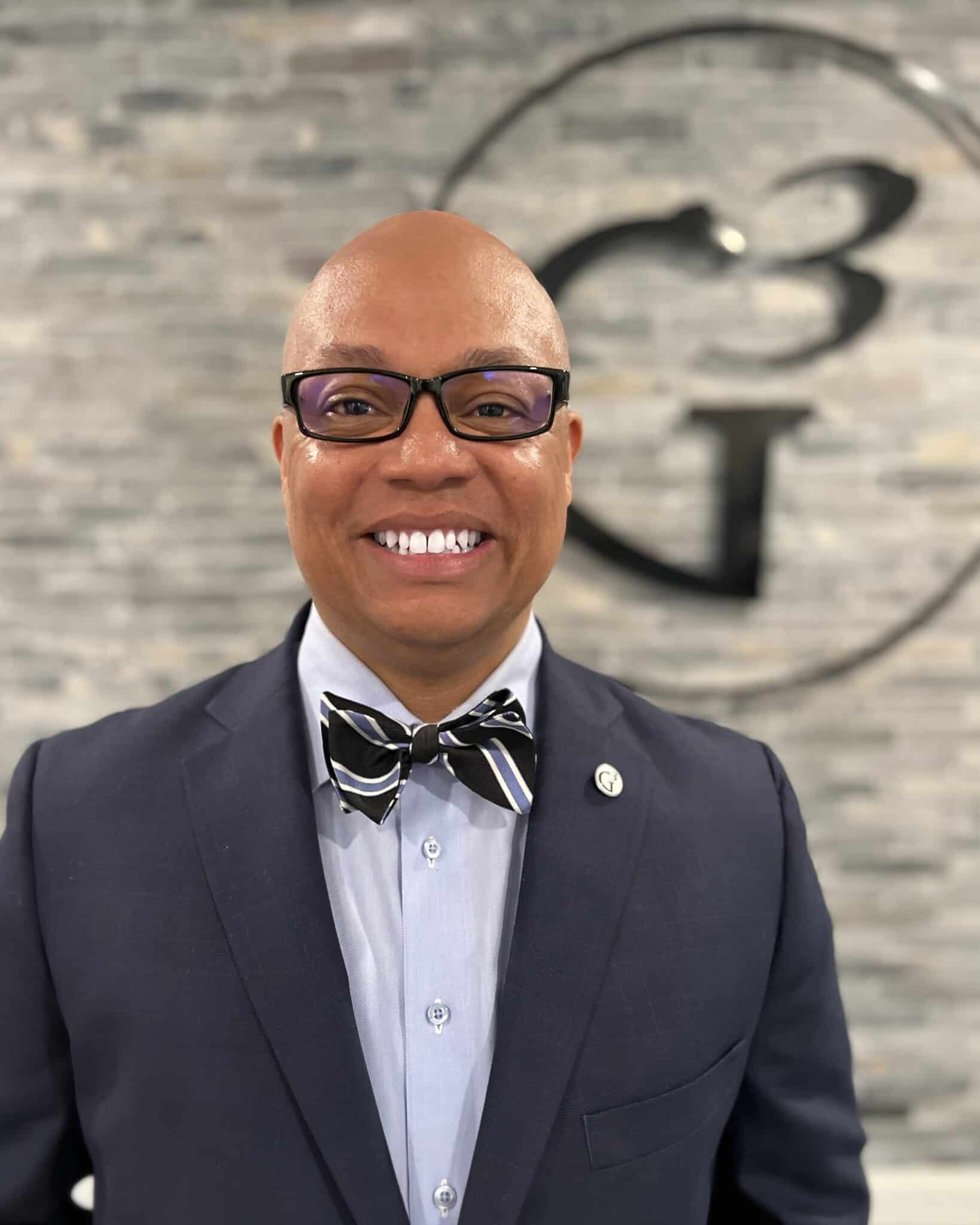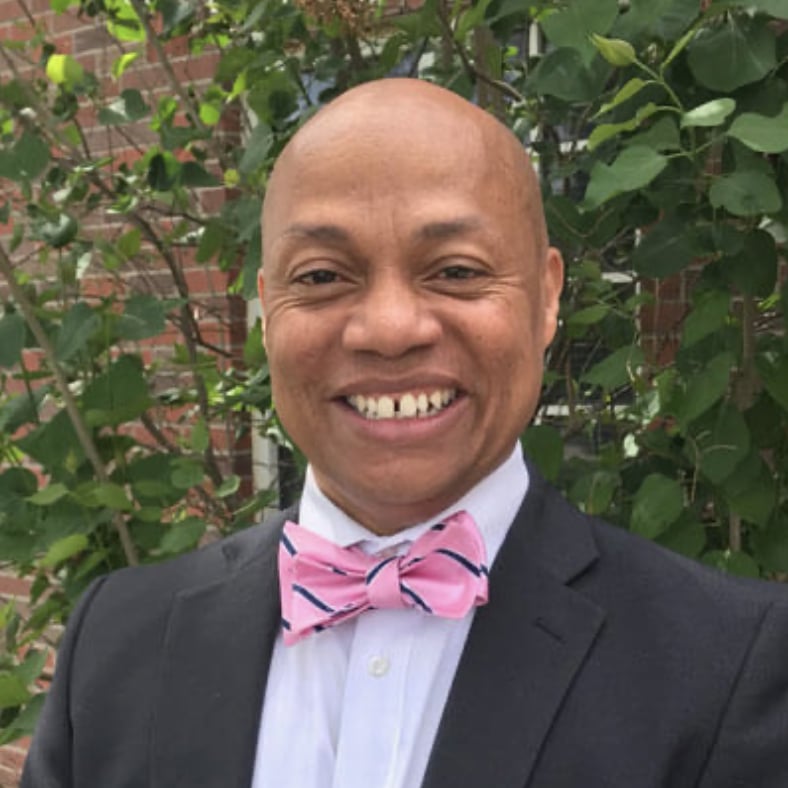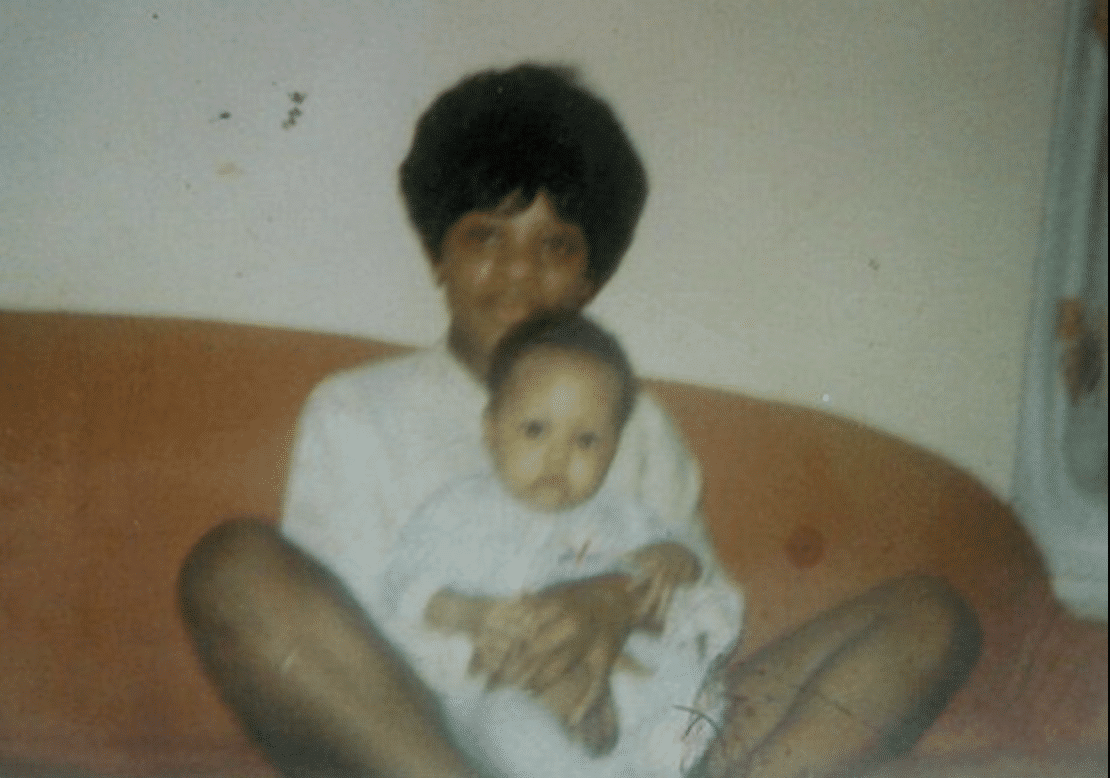There are specific dates you never forget. For some, it’s a particular holiday. For others, it’s your birthday. For me, holidays, doctor’s appointments, and birthdays are when I pause and consider where things are, particularly what God is doing in my life. This year will be no different. However, two dates will be difficult for me to forget.
I am the firstborn son of Clarence and Mary Walker of Utica, New York. My mother, Mary Lois Darby, grew up with a very religious background. Being single and pregnant in the spring of 1969, my mother had a decision to make. Would she keep me or do what others had done and end my life?
For those of you who remember, 1969 was the Apollo 11 mission by the United States, and Neil Armstrong would become the first human to set foot on the moon. This was the year of the Beatles’ last public performance on the roof of Apple Records. This was the year of Woodstock, where 350,000 rock-n-roll fans would converge in Bethel, New York; 1969 would mark the first Concorde test flight conducted in France. And more importantly, this was the year when the epitome of an American muscle car, the Pontiac Firebird Trans Am, debuted.
None of the news events on the world stage were nearly as important for my mother as the decision she would make in the months following the news of my conception. While abortion wasn’t a legal procedure nationwide, many of the women in my mother’s situation knew doctors who were willing to perform the operation. Furthermore, years before the Roe v. Wade decision in January of 1973, abortion would become legal in 1970 in four states, Alaska, Hawaii, New York, and Washington.
In the first year after abortion became legal in New York, there were 400,000 legal abortions as women from all over the country came to abort their babies. In 2009 in the state of New York, some 41% of all pregnancies ended in abortions. In the black community, 46.7% of all pregnancies end in abortion.
This fact led a private organization to put up signs in New York that state: “The most dangerous place for an African American is in the womb.” Of course, it follows that the ACLU and other organizations have fought to remove signs with such messaging, ignoring the outcome of death to babies in the womb.
Let me tell you a bit about my father. My dad is a quiet man. How he attracted my mother, I’m not sure. However, apart from being a handsome man, he was a hard worker. Unlike many men who father a child, my father didn’t run from his responsibility. My dad is a man of few words, but each one counts. He always told me that I could be whatever I determined if I set my mind to it, and I worked harder than others to accomplish my goal. This was the man my mother would marry, and they raised me, their firstborn son. As you can imagine, life wasn’t easy, and money was difficult to come by, but we made it.
November 29, 1969—the date I was born—is a testament to a mom and dad who chose life.
While the date I was born is an important one to me, there’s another date on the calendar that is forever etched in my mind: Saturday, July 29, 2017. I will never forget that day. Sunny and clear, with only a few clouds dotting the blue sky. It was 7:30 am, so the summer heat had not yet begun. I was on my way to an abortion clinic in my city. My goal that day was to provide the women who entered this place with the choice of life for the child in their womb. That day, I brought my three children with me to help in this effort. Armed with information for free medical care from a local pregnancy center and resources donated by people from my church, I took the hope of the gospel with me. I hoped we would see one life spared.
Summer proves to be a high-traffic time for many abortion clinics. On the way to the clinic, I always get a sick feeling in the pit of my stomach. Early on, I thought it was nerves. After years of being involved in this kind of ministry, I’ve learned the feeling had more to do with the anticipation of the spiritual battle in places like these.
After we arrived, I instructed my children to pray and stand where I could easily see them. Over the years, I learned that anyone coming to a place to murder an innocent child in a mother’s womb had little thought of running us over with their vehicle in the process of keeping an appointment. So, I wanted to keep my children close. However, I also wanted them to be seen by the women entering the building.
Scripture is clear, “Children are a heritage from the Lord, the fruit of the womb a reward. Like arrows in the hand of a warrior are the children of one’s youth” (Ps 127:3–4, ESV). My children were used to being with their father at the clinic. This was far from their first appearance with dad over the years. However, they were also very aware of how serious I was about their safety.
As we stood in front of the clinic’s doors, we were met by volunteer escorts who tried to keep their clients away from us. That day, we witnessed several girls entering the building, each of them ignoring our offers for help, assistance, free medical care, and even the adoption of their children. I would instruct my children to pray for these women as they entered the building. With each pregnant woman entering the building, the magnitude of what was happening was even more evident to all of us.
After a while, I noticed a car slowly approaching the clinic from a street behind me. As I turned, I realized two people were looking for the parking lot into the abortion clinic. Unable to find it, they parked on the street. I slowly left my spot in front of the clinic’s doors to stand adjacent to the driver’s side door of their parked car. I noticed an older black man and a young black pregnant mother coming out of the vehicle.
As the young lady exited the car, I said to her, “Ma’am, you don’t want to come here. This is not a place for someone like you. It would be best for you to keep driving and to never come back to this place again.” As the older gentleman exited the car, I said, “Are you her father? I hope you aren’t bringing her here to murder her baby.” I then asked his name. He said, “Man, you don’t need to know my name.” I remember begging this father to care enough for his daughter to take her away from this place. I said, “My name is Virgil. You don’t want to murder your grandchild today, Sir. If you care for your daughter, you will take her from this place and help her care for the baby.” I then asked them what they needed. I offered money for assistance, free medical care from our local pregnancy center, and a place to stay. This didn’t change their mind.
I knew I had less than two minutes before the volunteer escort would see this young lady and quickly whisk her and her father into the clinic. I had to think fast about what to say. My only goal at that moment was to convince them not to do what they were about to do. While two minutes is not much time, that’s the only opportunity you may have to make a case for life. I remember pleading for the life of the child in her womb.
Lastly, I remembered something that I used whenever I saw a black family entering the abortion clinic. I asked, “Do Black Lives Matter? Does this Black Life Matter?” I then said, “Ma’am, if you go through with this, I want you to remember that on this day, you decided this black life, the one in your womb, does not matter.” I then followed with the plea, “Don’t do this.”
On Saturday, July 29, 2017, I watched this dad take his daughter into the clinic. The last thing I said as he entered the door was, “Sir, you don’t have to murder your grandchild today. There is help.” I pleaded with him one last time as I heard the heavy steel door shut and the buzz of the security door on the other side open as they stepped through.
My heart was heavy after this face-to-face interaction. I sensed that this father/grandfather did not want to end the life of his grandchild. My children watched the entire episode unfold; I turned to them and told them to pray. I then took out my Bible and began reading Scripture aloud.
And then it happened.
After what seemed like an hour, but was only a 15 minutes, I heard the buzz of the security door, and I couldn’t believe my eyes as this young mother and her dad came walking out of the clinic. Both had smiles on their faces as they slowly made their way toward me.
They chose life.
Excited, stunned, and unsure what to do, I reached in my bag for information that I thought would help them with the next steps. I asked if they were going to keep the baby. I asked if they needed assistance. I remember writing down my wife’s cell phone number, and I told this young lady if she needed anything to call that number. I remember telling her about my church and about the reason we were there—Jesus Christ.
I then turned to my daughter and my two boys and said, “This is my daughter, Princess. These are my two boys Princeton and Price.” They exchanged smiles, and my daughter, whose eyes were filled with tears, nodded affirmingly. We never got the young woman’s name. We never asked. We watched them leave the now filled parking lot, determined not to return.
I will never forget that day, Saturday, July 29, 2017—the day a young mother and her dad chose life.





